Responsible Futures builds in sustainability through
all aspects

of teaching and learning, working in
partnership

with students at universities around the world.
The programme was created in 2014 and developed with the pilot cohort of 13 UK universities and colleges. Since then, the framework has supported 48 institutions in the UK and globally to integrate sustainability through the formal, informal and subliminal curriculum.
The community developed through the programme provides space for sharing good practice, discussing live issues and challenges, and collaborating to shape and lead the further and higher education sector in the globally.
Read the report to see how our 2024 pilot increased student leadership and engagement.
Frequently asked questions:

What are some tangible outcomes from the programme to date?

We have worked with 41 institutions in the UK and 7 globally reaching nearly 1,100,000 students taking over 3000 actions in to embed sustainability in teaching and learning. These have resulted in a range of outcomes, including:
- Increased buy-in and support from senior leadership to drive this work forward
- Increased capacity and resourcing for developing curricula with sustainability as a golden thread
- Developing a stronger relationship between university/college and SU
- Increased whole-institution approach for sustainability
- More student leadership for sustainability
- Innovative pedagogical approaches to teaching and learning (e.g. interdisciplinary experiences for students, graduate attributes include sustainability etc.)
- Increased connectivity and collaboration between institutions in the UK and globally
We have delivered nearly 50 student-led audits with over 200 student auditors and counting. Feedback from student auditors describe the experience as ““immersive,” “uplifting” and “eye-opening.”
We are now delighted to deliver a Responsible Futures international pilot in partnership with the International Association of Universities with plans to deliver the programme more widely in October 2024.

Is there a cost to participate?

Both the UK and International programme ask institutions to pay an annual programme feeto cover SOS and IAU staff time delivering the programme.
For 2025/26, we have developed a tiered approach to membership costs to:
• Ensure the programme is accessible to institutions with varying resources and capacities
• To address global power dynamics in our mission to create a sustainable and just education system and world
• Cover delivery costs (We are a charity and completely not for profit)
Please see the 2025/26 programme overview for more information on membership costs (page 22).

What are the prerequisites to participating in Responsible Futures?

• A desire to develop a whole-institution approach to embedding holistic sustainability and climate justice across the curriculum;
• A commitment to allow adequate staff time to lead on Responsible Futures;
• A willingness to work through a close collaborative partnership between the students and the institution;
• A commitment to promote and support the monitoring and evaluation of the project;
• A commitment to send at least one representative from each partnership to attend up network events, including cohort catch up calls and support afternoons.
• A willingness to actively engage with and support other members of the cohort.

How can I get my institution involved in Responsible Futures international?

If you're interested in learning how your institution get involved, please email responsiblefutures@sos-uk.org so we can learn more about your institutional context and advise on next steps.
For more institutions, the initial steps include:
1. Registering for the programme
2. Accessing the online framework and resources
3. Setting up a Responsible Futures working group
3. Attending cohort catch ups
4. Having an initial planning call with SOS-UK to discuss your priorities and plan your year ahead

How can Responsible Futures help to drive institutional change?

The programme legitimises Education for Sustainable Development (ESD) in teaching and learning: The RF framework was agreed upon by a number of sector bodies, pilot universities and colleges and the accreditation is recognised by P&P and the Times Higher Education Impact rankings and signposted in a number of high level education resources.
The programme provides a toolkit of criteria of good practice with which we ask partnerships to engage – these aren’t prescriptive criteria, but guidance. The criteria cover a range of areas – including policy and commitments, strategy, interventions, baselines and benchmarks that support change from top down, middle out and bottom up. Through engaging with the framework, a broad range of university staff and students work in partnership, facilitating the whole-institution approach for institutional change.
Progress is an important factor to the programme. Opportunities to reflect on change and outcomes are embedded into the framework and support to ensure long lasting, meaningful change.

How might students and the institution work together, taking into account capacity, workload and other existing commitments?

Part of the framework involved embedding Responsible Futures into working groups, either existing or new, to lead on work related to the programme. This ensures capacity is shared amongst a group of people across the institution and isn't progressed by just one or two individuals.
The programme supports you to create a SMART action plan using the framework to take stock of what you’re already doing, what you want to do now and in the future, as well as who can look into an area of work you’d like to progress.
In terms of working with students, Responsible Futures advocates for equitable partnership. The way the programme is designed recognises differing capacities amongst students, student leadership groups and the institution, and encourages meaningful partnership amid capacity and workload differences.
Participating institutions have work with a range of different student groups on Responsible Futures, including:
Student interns
Student volunteers
Student societies
Elected student officers/representatives
Placement students
Scholarship students
Course representatives

How might Responsible Futures link with sustainability work already in existence?

Responsible Futures provides a focus for already existing sustainability work, and mechanisms for student/staff involvement. Responsible Futures acts an approach and way of working that breaks down silos and brings together different areas of work under one cohesive framework. Many partnerships use Responsible Futures to both take stock of what is already happening and to plan ahead.

Get in touch
Meet the team

Hilligje is the Secretary General of the International Association of Universities.

Isabel is the Programme Officer for Sustainable Development at the International Association of Universities (IAU), based in Paris at UNESCO. Isabel manages the Responsible Futures international programme in partnership with Students Organising for Sustainability.

Marta is a Project Manager - Education at Students Organising for Sustainability. Marta acts as lead contact for participating UK and international institutions, helping them to engage with the programme and the framework through bespoke support and network learning.

Meg works as the IAU Communications and Media Officer. She delivers communications for the Responsible Futures international pilot.

Oliver Yu Hurst is a Project Manager – Education at SOS UK. He helps manage several projects including Responsible Futures and acting as a Lead Contact for various institutions in the UK and internationally.

Rachel is the Head of Impact and Research at Students Organising for Sustainability. Rachel leads on monitoring and evaluating the programmes impacts and outcomes.

Sonya is a Senior Project Manager - Education at Students Organising for Sustainability. Sonya manages a range of education programmes including Responsible Futures.

The programme
Responsible Futures International presents a unique engagement opportunity for universities and colleges to put strategy into action, network and find synergies in their existing or emerging work for sustainable development.
Download programme overview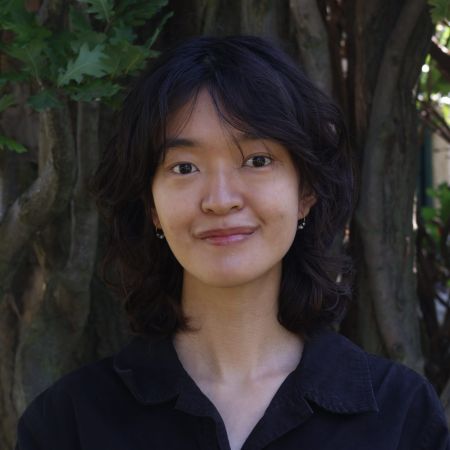

As a student leader in environmental justice at Queen's University, I know that undergraduates like us play a critical role in addressing the climate crisis.
Responsible Futures International has been indispensable in helping our university assess its progress in sustainability across our institution, while also highlighting paths for future advancement.
Its focus on engaging students at all levels of the audit speaks to its faith in young people's leadership abilities, and ensures they are equipped with the skills to make real change on their campuses and
in their communities.

Anne Fu
2023-24 Commissioner of Environmental Sustainability at Queen's University Student Government
Who we work with
Responsible Futures International universities, colleges and students


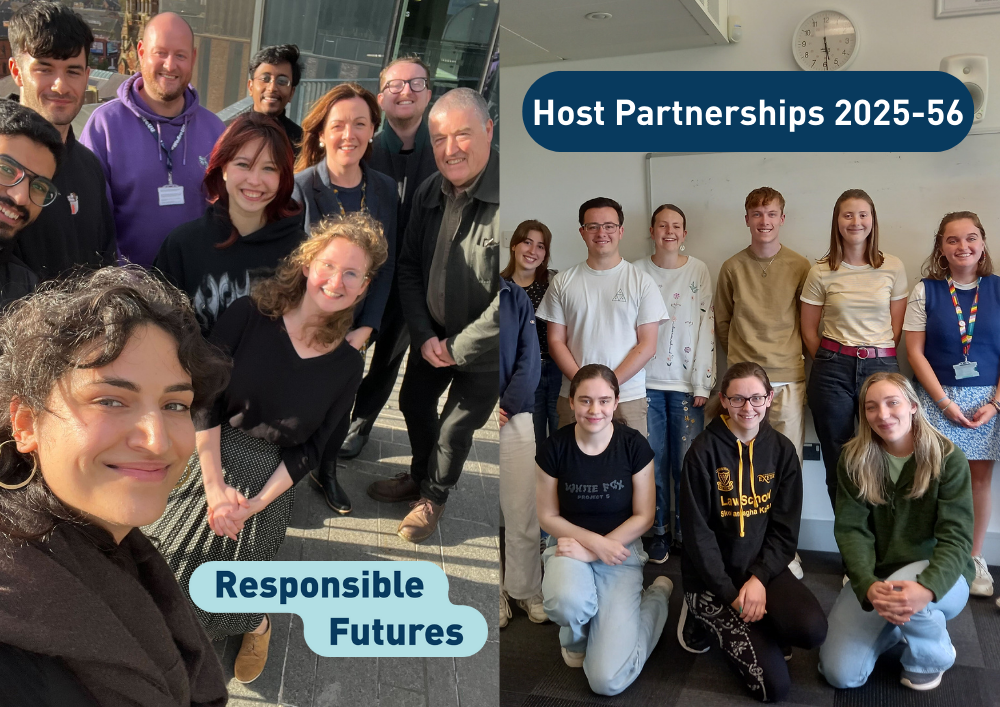
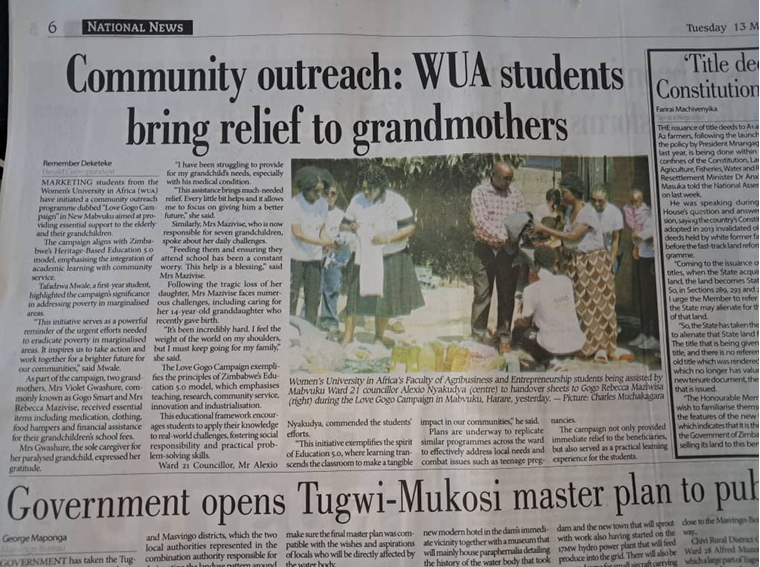
.jpeg)










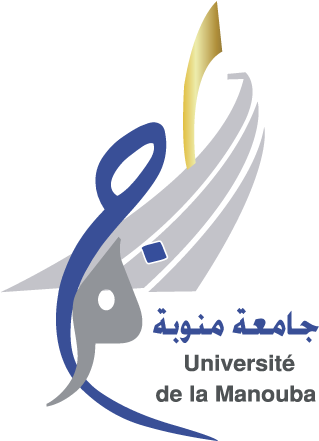
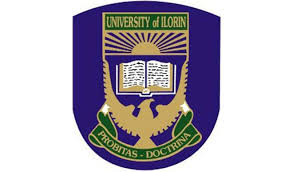

.png)
